You are here
Back to topCopefrut Making Progress With Sustainable Chilean Fruit Exports
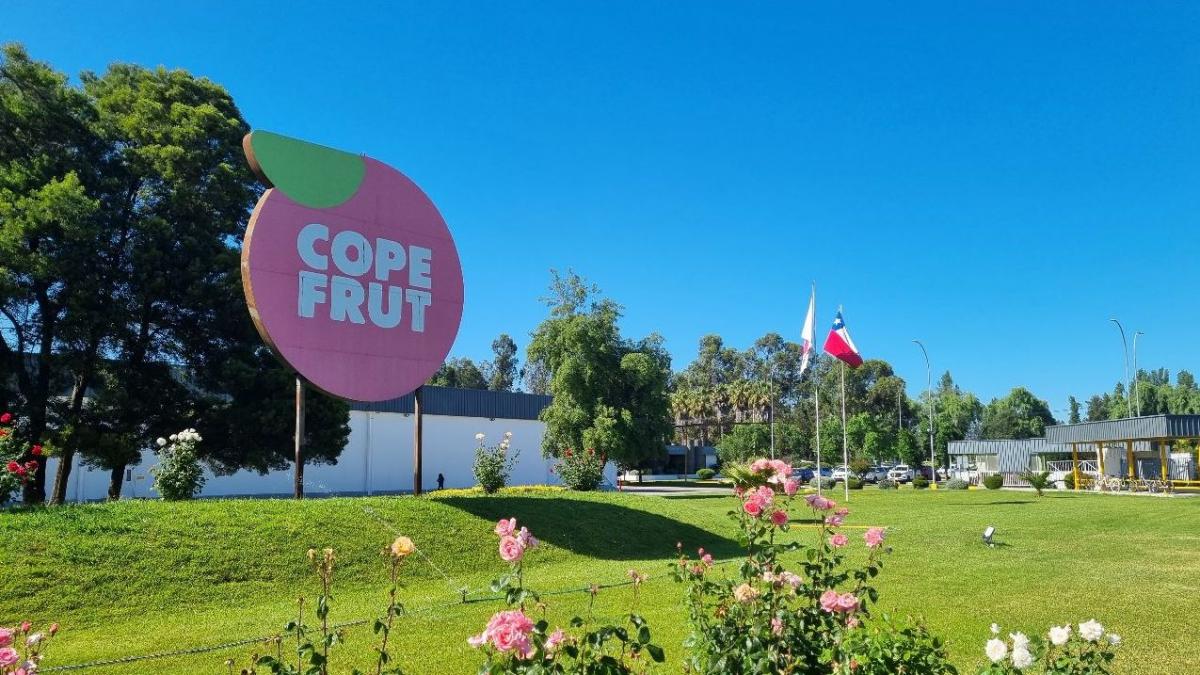
Chile has set high targets for its energy and environmental policy, aiming for carbon neutrality by 2050. Chilean businesses, including those operating in the agricultural sector, are becoming more proactive in reducing their carbon footprints and contributing to the goals announced by the government.
Copefrut, one of Chile’s leading fresh fruit exporters, recently released its first sustainability report, which included data concerning the company’s environmental performance since the implementation of a new corporate sustainability policy last year. The most significant accomplishment is seen in the offset of greenhouse gas emissions produced during the transportation of the company’s organic apples to Europe and the United States, which is also in line with the current standards in both markets. This achievement was made possible by the purchase of carbon credits to support various initiatives, such as a wind power project in Chile’s Biobío region and a REDD+ project in the Amazon rainforest in the Brazilian state of Acre. The latter was developed by the United Nations Framework Convention on Climate Change to prevent further deforestation and protect biodiversity in the Amazon basin.
Copefrut’s organic apples have become the first carbon-neutral agricultural product in South America under the CarbonNeutral standard of Climate Impact Partners LLC, a private organization specializing in environmental solutions. The estimated offset emissions from Copefrut’s organic apple exports in 2023 are comparable to the emissions from charging almost 200 million cell phones or the annual power use of over 300 households.
Furthermore, Copefrut highlighted the progress in its energy management, with an emphasis on reducing the amount of electricity used at its fruit processing plants. By the end of 2023, the company aims to cut energy consumption at its facilities by 3%. Another strategy currently in place is the use of innovative packaging with a focus on materials with minimal environmental impact. The company is currently testing compostable packaging to replace polyethylene bags.
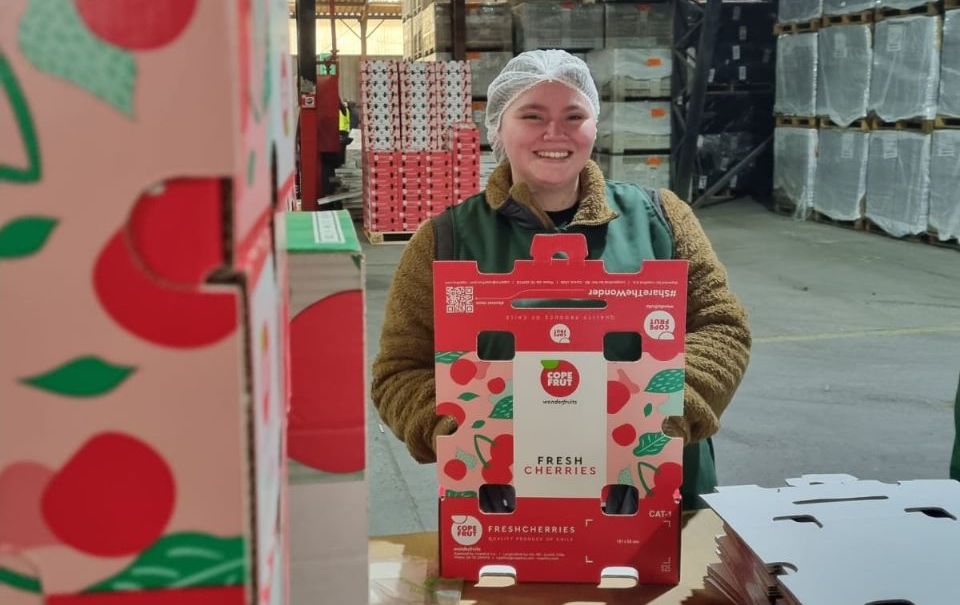
Chile has a large potential for renewable energy generation, particularly solar and wind energy. At the same time, water scarcity and drought have emerged as major challenges for the country. According to Copefrut, the country’s water crisis has a direct influence on the company’s operations because the majority of its fruit processing plants are located in water-stressed areas, not to mention the impact on fruit production in terms of both quality and quantity. In response to this challenge, Copefrut has installed flowmeters in the wells of its facilities, allowing the company to collect precise statistics about water consumption. Additionally, work on measuring the water footprint is currently underway at the plantations of major growers, with the goal of preparing and delivering guidance on efficient water use.
Copefrut shipped 109,000 metric tons of fruit to over 50 countries last season while further strengthening its position in Asia, one of its key markets. Copefrut’s biggest export to China is cherries, with over 27,000 metric tons supplied during the previous campaign. In total, 10 cherry varieties, including Santina, Bing and Lapins, were exported to the Chinese market, with the logistics and distribution facilitated by a commercial platform developed by the company in China.
Images: Copefrut



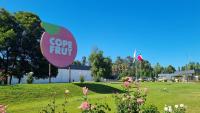

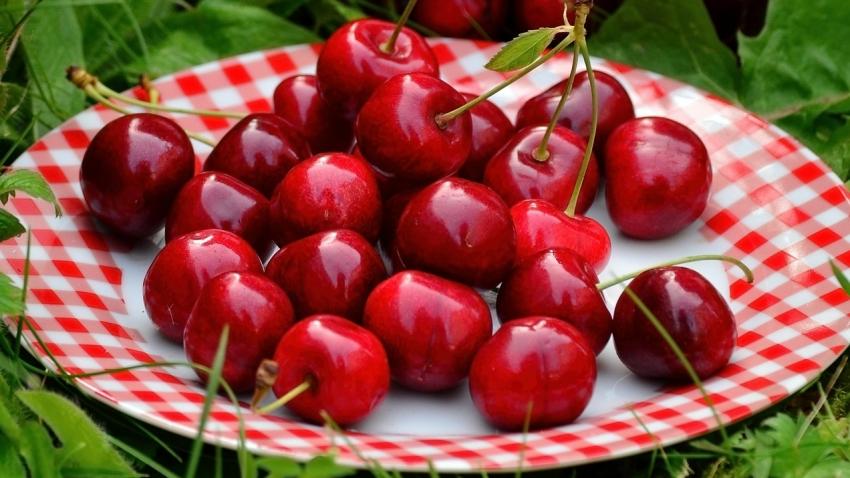
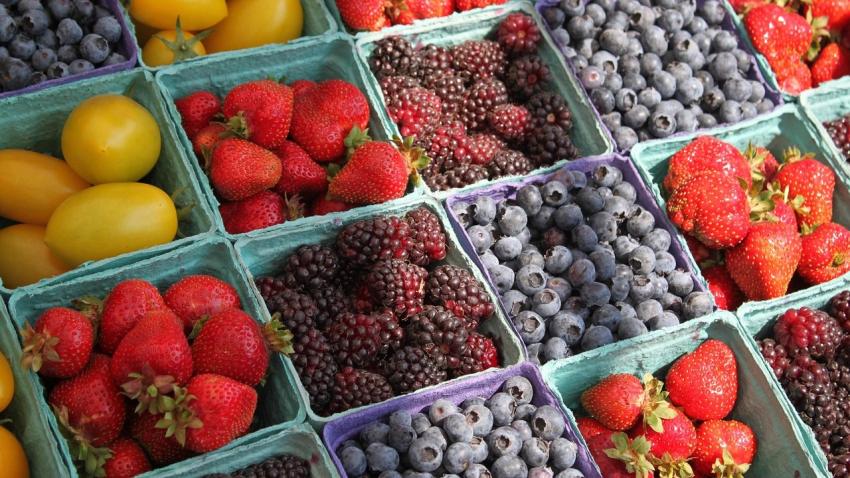







Add new comment